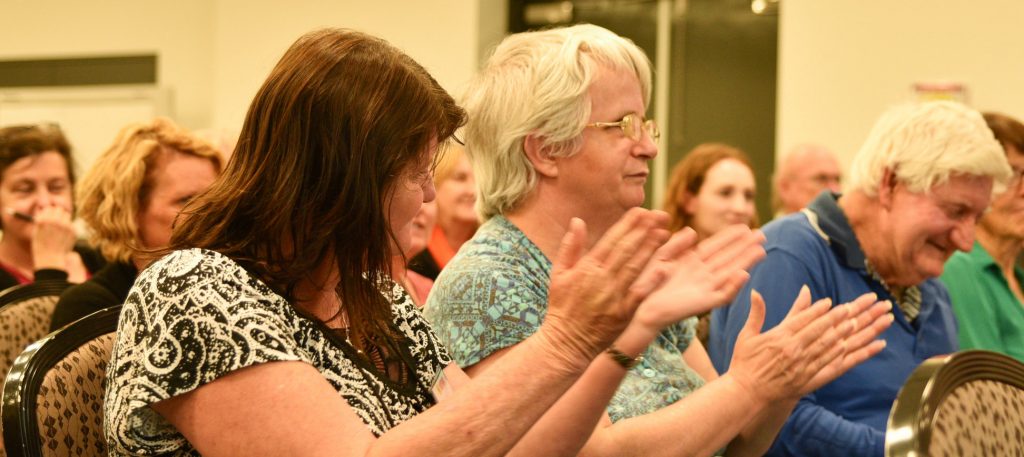
When I welcome and induct our workforce of Community Mental Health Workers for our NDIS program, I make sure I talk with them about all the challenges of the role. It usually goes something like this ‘our expectations are high, we would like to pay you more, but the pricing model set by government is restrictive, we don’t get a lot of time for you to have meetings with your peers. We can only claim income when you are working with people on their plan, so there’s not much time outside of being on the road and supporting people … but we will make sure you are well supported. It’s hard to guarantee the hours you will work, as the choice and control is with the people who choose us to be their provider (which we fully support). We are glad you have chosen to work with us and be our face in the NDIS and if you made it this far (to induction) you must be great, and your values aligned with our mission. We are really careful who we offer this role to, as it makes such a difference to people’s lives, our mission and our reputation.’
Despite the challenges of the NDIS and the role, if you want to make a difference, work with a level of autonomy and are a great people person, it could be a perfect role for you. Take Bobby as an example, she has been with MIFWA for over 3 years and is passionate about working in the NDIS ‘I love making a difference to people’s lives, with every person … Sammy (not her real name) was house bound, she didn’t have any confidence, she had lost her way…. A few months on she is getting out and about, when we are together she smiles and seems to forget her worries.’
‘Similarly, I have been working with a couple of people who live in a segregated setting, who really have been trapped away from ordinary life.
Getting them out and back into their communities has lifted their self-esteem. They often say they value me because they don’t feel like they are being judged ‘You treat me like a person’.
When I ask Bobby what she thinks are the characteristics of people likely to thrive in the role of Community Mental Health Worker she says ‘people need to be able to have empathy (without having sympathy, because people don’t want that), being compassionate is important. Thinking outside the box is a good trait to have, as sometimes people will have no money and don’t know what to do, when I ask ‘what will we do today?’ they may not have any ideas. So being creative makes a big difference. If you pressure the person to have all the ideas, they might just find it all too hard. I might say ‘let’s call up to the MIFWA office and grab a coffee (because its free) and then we can take a walk along the river or explore some shops.’
Bobby says ‘you have got to be in the role for the right reasons’. She says that working on her own is hard at times, but you feel well supported by your Manager and can call others if you need. ‘We have a good team and can bounce off each other. Even though we may not have a lot of formal meetings with other team members, we see other workers often and we keep in touch with our peers. There’s always someone around at MIFWA who wants to know how my day is going.’
Bobby is well respected by the people she works with and she remembers someone saying to her recently ‘You’re the first worker I’ve ever had that didn’t walk in front of me.’ What do you mean she asked? ‘Other support people either walk in front or behind me. They keep their distance’
Bobby responded, ‘that’s not how we work, we are here to walk beside you.’
In summary, despite all the challenges that the construction of the NDIS scheme puts on organisations and their workforce, it can be great work. Making a difference each day.
If you think you are like Bobby and have the characteristics to thrive in this role, email us your details at info@mifwa.org.au and we can let you know when we are next recruiting.
Share

